Modal Verbs
Permission
Talking about permission
Can, could and be allowed to
We sometimes talk about rules
made by someone else. We use
can,could and be allowed to. We use
can to talk about present and could
for the past.
Examples
Each passenger can take
one bag onto the plane.
In the 1920s you could drive
without taking a test.
We weren't allowed to look
round the factory yesterday.
Giving and refusing permission
Give Permission: can or may
Examples

You can wait in my office if you like.

You may telephone from here.
Refuse Permission: can't or may not,
we can also use must not.
Examples
Could we picnic here?
I'm sorry. I'm afraid you can't.
Members may not bring more
than two guests into the club.
Luggage must not be left unattended
Asking Permission
Can,could or may
Examples

Can I use your pen?

Could I leave early?
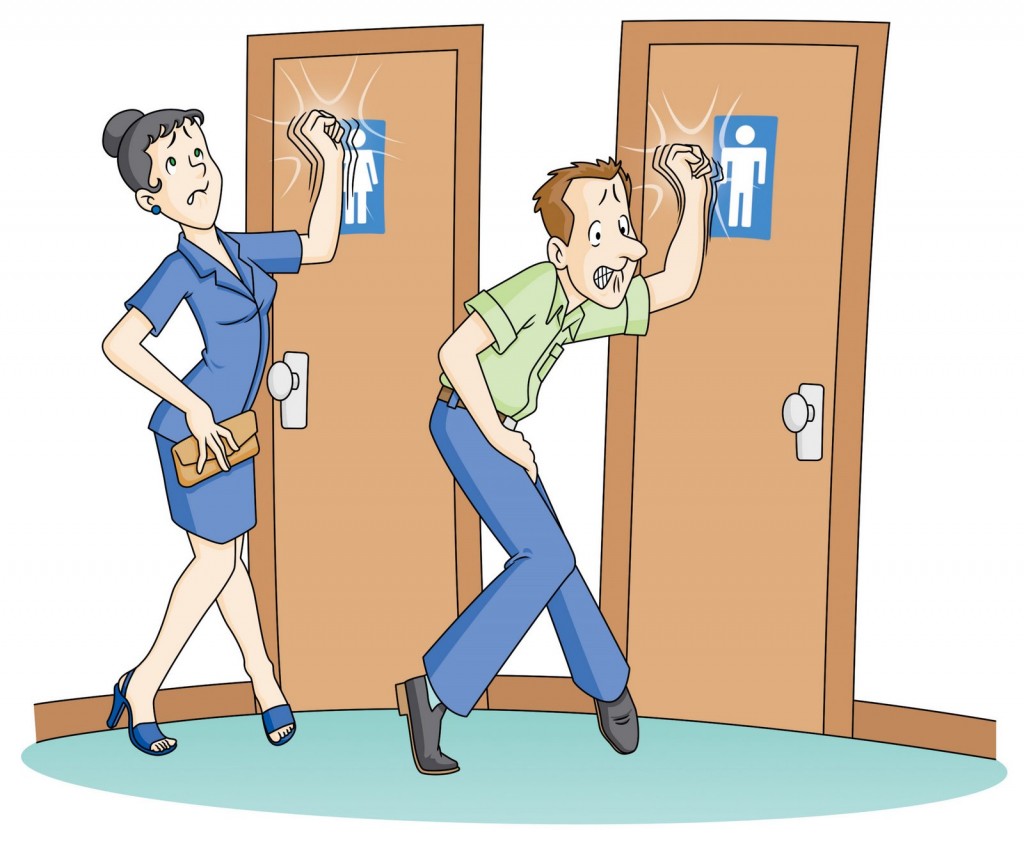
May I please use the restroom?
Necessity
Must or have to
We use must when the speaker feels that something is necessary.
We use have to when the situation makes something necessary.
Examples
You must exercise.
I have to exercise.
Mustn't or Needn't
We use mustn't to say that
something is a bad idea.
Examples

I mustn't forget my key,
or I won't get in.

You needn't wash those
glasses. They're clean
We use needn't when something
is not necessary.
Don't have to and Don't need to
We can use don't have to and don't need to
when something is not necessary.
Examples
Mark doesn't have to/ doesn't need
to finish the report today. He can
do it at the weekend.
Didn't need to or Needn't have
We use didn't need to when
something was not necessary.
Examples
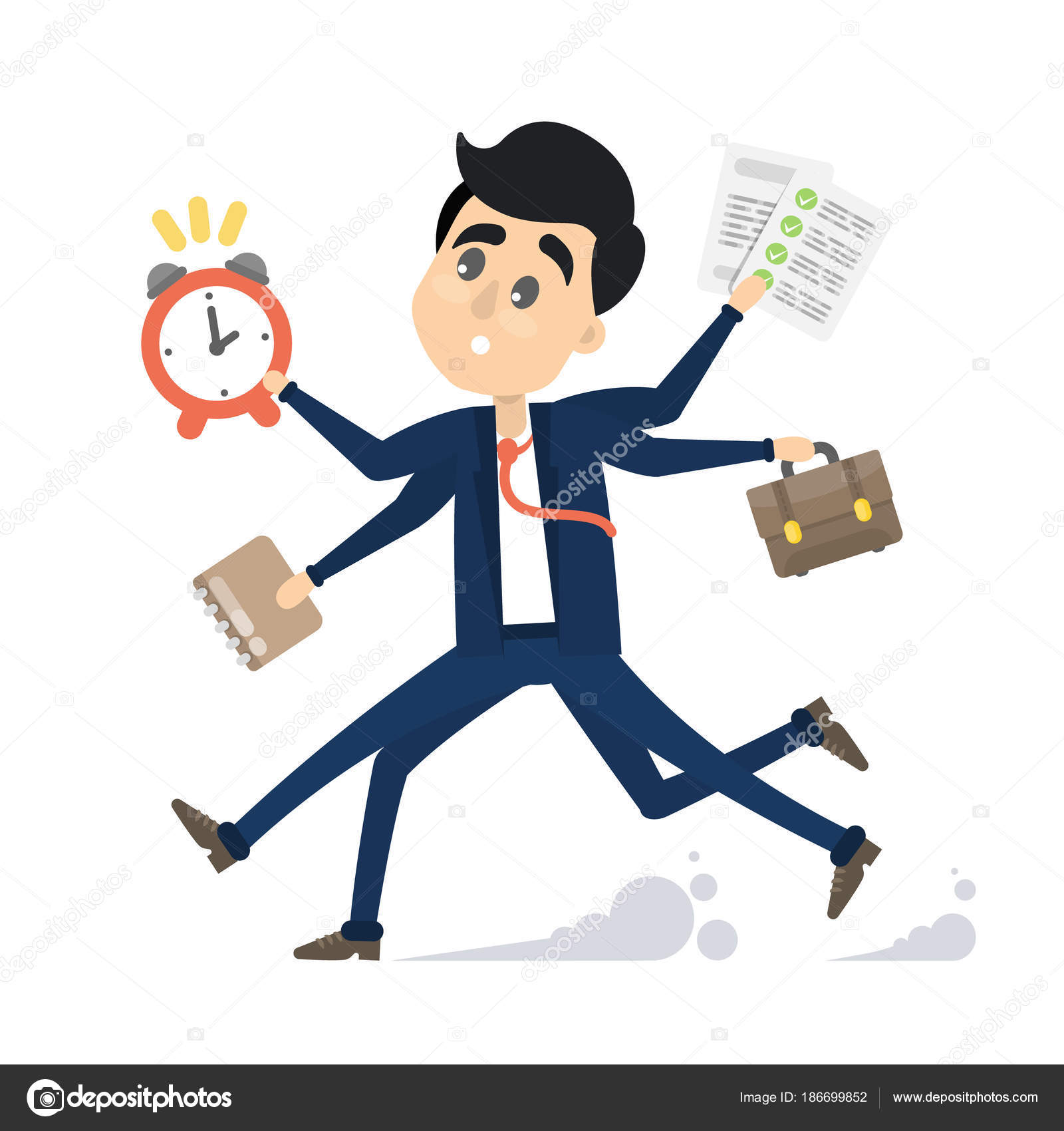
Mark didn't need to hurry. He had lots of time.
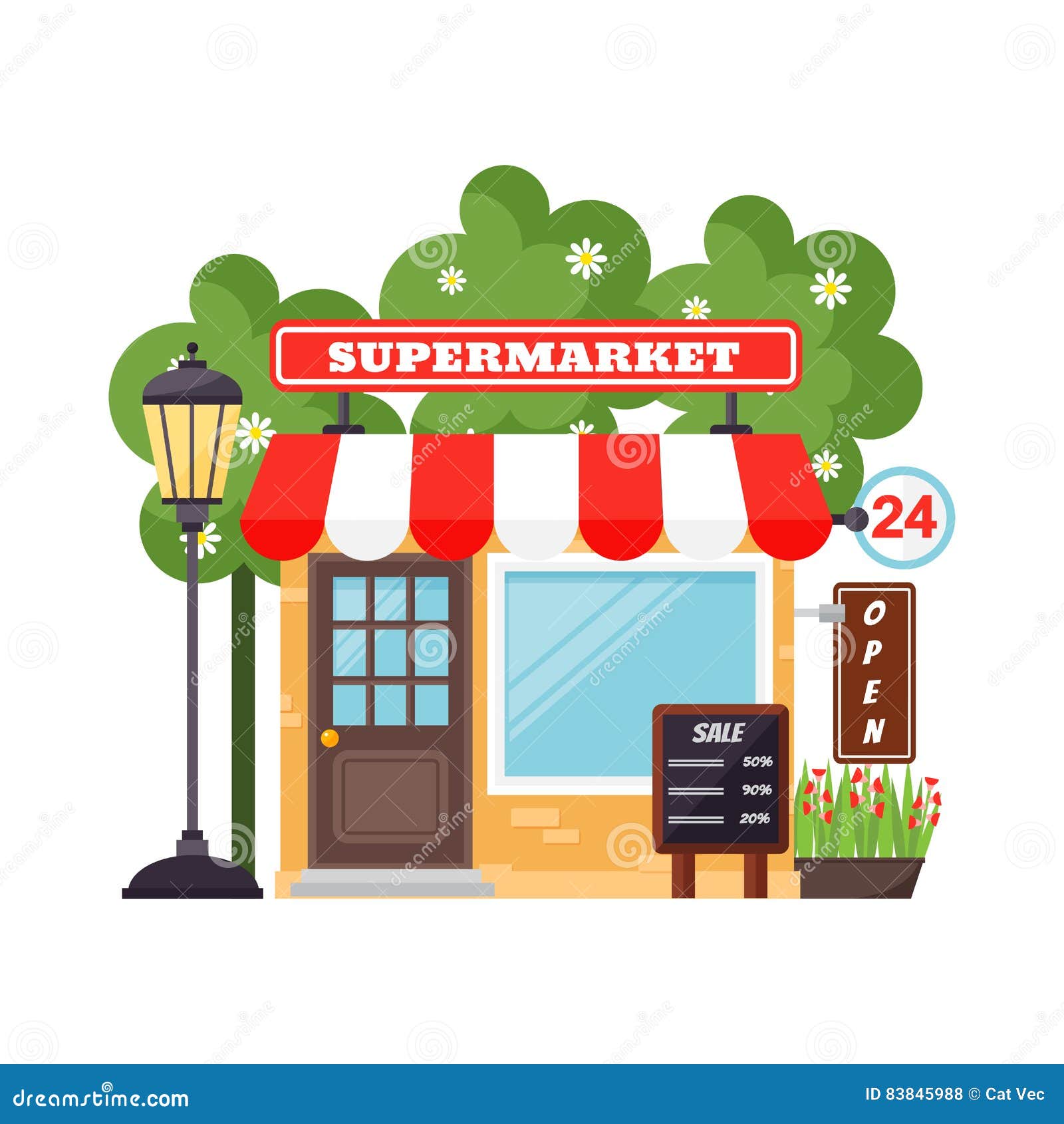
We needn't have gone to the super market.
We use needn't have + a past participle
for something we did which we now know
was not necessary.
Have got to
Means the same as have to,
but have got to is informal.
Examples
My father has to/ has got to take these pills.
Should and ought to
We use should and ought to to say what is
the bets thing or the right thing to do.
Examples

You're not very well. Perhaps you
should see a doctor
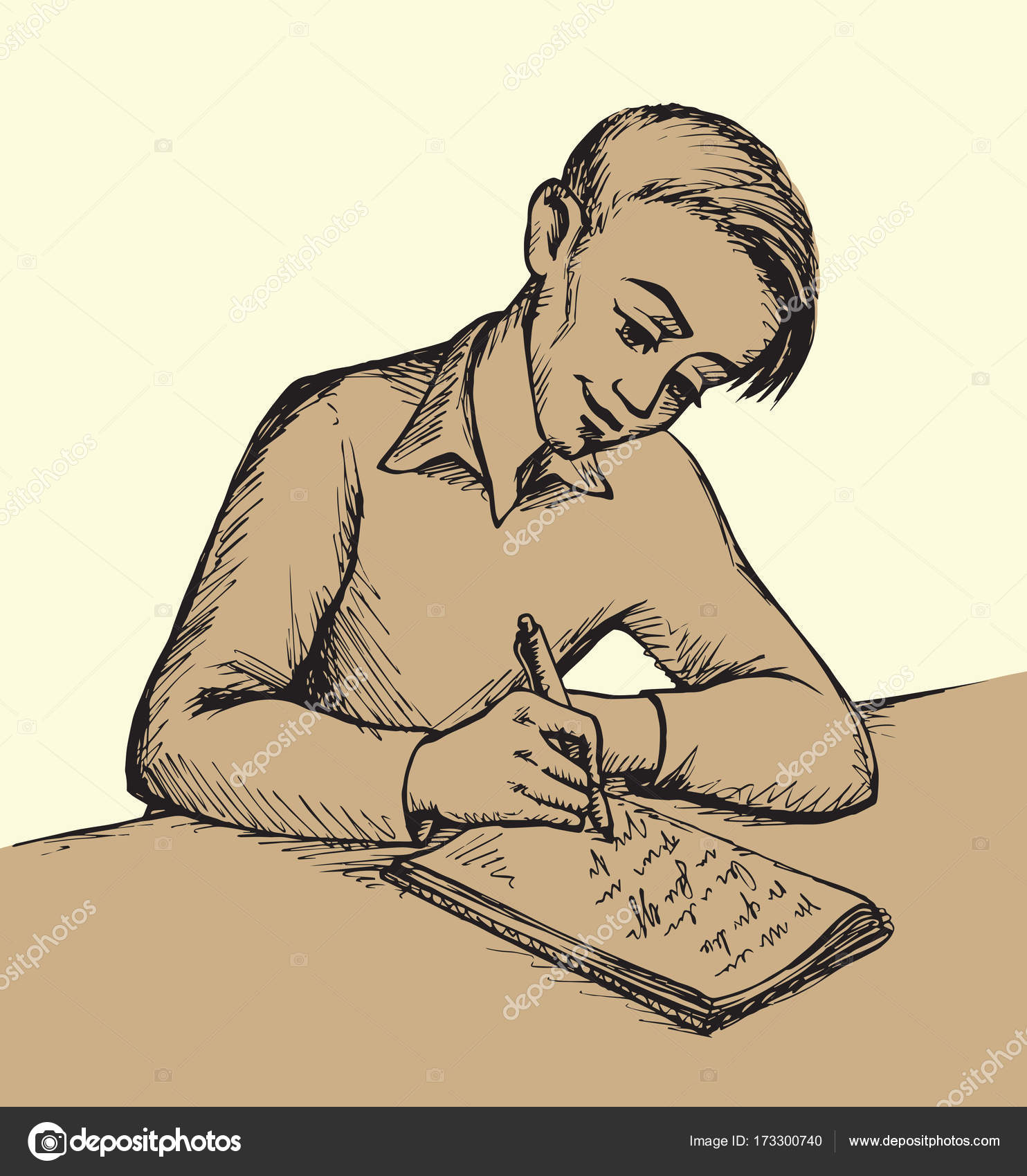
Your uncle was very kind to me.
I ought to write him a letter of thanks.
Had better
We use had better to say what is
the best thing to do in a situation.
Examples
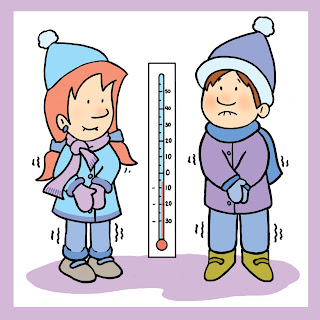
It's cold. The children had better
wear their coats.
Be supposed to
We use be supposed to when we are talking
about the normal or correct way of doing things.
We can use was/were supposed to for the past.
Examples
The guests are supposed to buy
flowers for the hostess.
It's eleven o'clock. You were supposed to be
here at ten thirty, you know.
Present, Past and Future
We use must and have/has to to say something is necessary.
When we use the past, or the future with will, we need a form of have to.
For negatives and questions with have/has to and had to, we use a form of do.
Examples
You'll be leaving college soon. You must think about your future.
We're very busy at the office. I have to work on Saturday morning.
That wasn't very good. We will have to do better next time.
Should have and ought to have
We use these forms when someone
didn't do the right thing.
Examples
We didn't play very well.
We should have played better
I got lost.
Sorry. I ought to have drawn you a map.
Must have and can’t have
Must Have
Examples
My watch says it's only ten past
two. It must have stopped.
Can't Have
Examples
You've only spent five minutes
on that job. You can't have done it properly.
May/ might not have and couldn’t have
May/ might not have
Possibily something did not happen.
Examples

Daniel may not have caught the bus. I expect
he missed it.
I might not have locked the door.
Couldn't have
It is impossible that something happened.
Examples

Daniel couldn't have caught the bus. It
doesn't run on Sundays.
May have, might have and could have
We use these forms to say that possibily
something happened in the past.
Examples
He may have got lost.
You might have left your keys at work.
Someone could have stolen them.
Ability
Can/ Can't
Expressisng ability now or generally.
Examples

I can sing in different languages.

Amelia can't eat because she's sick.
Expressing decisions
Be able to
In the present tense is a little
more formal.
Example

Marco is good with computers.
He is able to write programs.
For the future we use can or
will be able to but NOT will can
Example
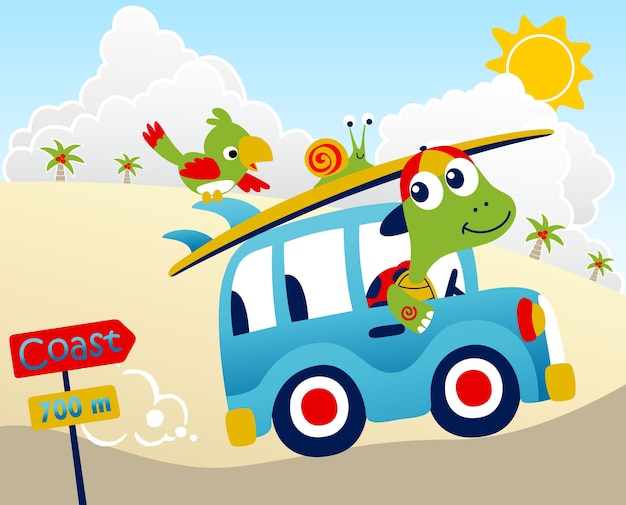
If we earn some money, we can
go/ we will be able to go on
holiday next summer.
Could and Was/Were able to
For ability or opportunity in the past,
we use could or was/were able to.
Examples

Natasha could play the piano
when she was four.
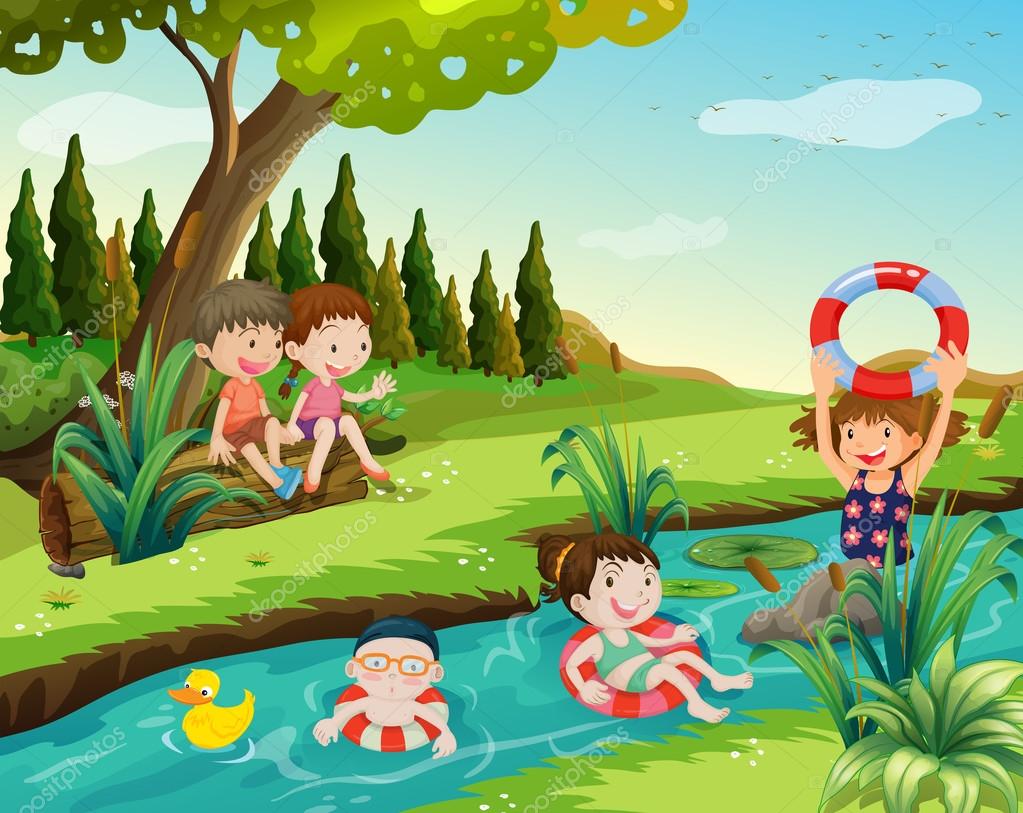
The childrens were able to
swim across the river.
In negative sentences and questions we can use either form couldn't or wasn't/ weren't.
Suggestions
Shall we...?, Could and Why don't
To make a suggestion.
Examples
It's a lovely day. Shall we go for a walk?
We could watch this comedy on TV tonight.
Why don't we have a look round the market?
Shall, Should or Can
To ask for a suggestion.
Examples
Where shall/ should we go for our holiday?
What can I get Claire for her birthday?
Offers
Will or Can
To offer to do something.
Examples
I'll carry your bag.
We can give you a lift.
Shall or Can
Questions forms.
Examples
Shall we pay you the money now?
Can I get a taxi for you?
Would like or Will/ Won't you have...?
To offer food or drink.
Examples

Would you like one of these chocolates?
Will you have a biscuit?
Won't you have something to drink?
Invitations
The words we use in invitations are similar
to those we use in offers of food and drink.
Examples
Would you like to have lunch with us?
Will you join us for coffee?
Won't you sit down?
Asking People To Do Things
Polite Requests
We can use can or could in a request, when we ask someone to do something.
We can also use Do you mind...? or Would you mind...? with an ing form.
We can also use Would you like to...?
Examples
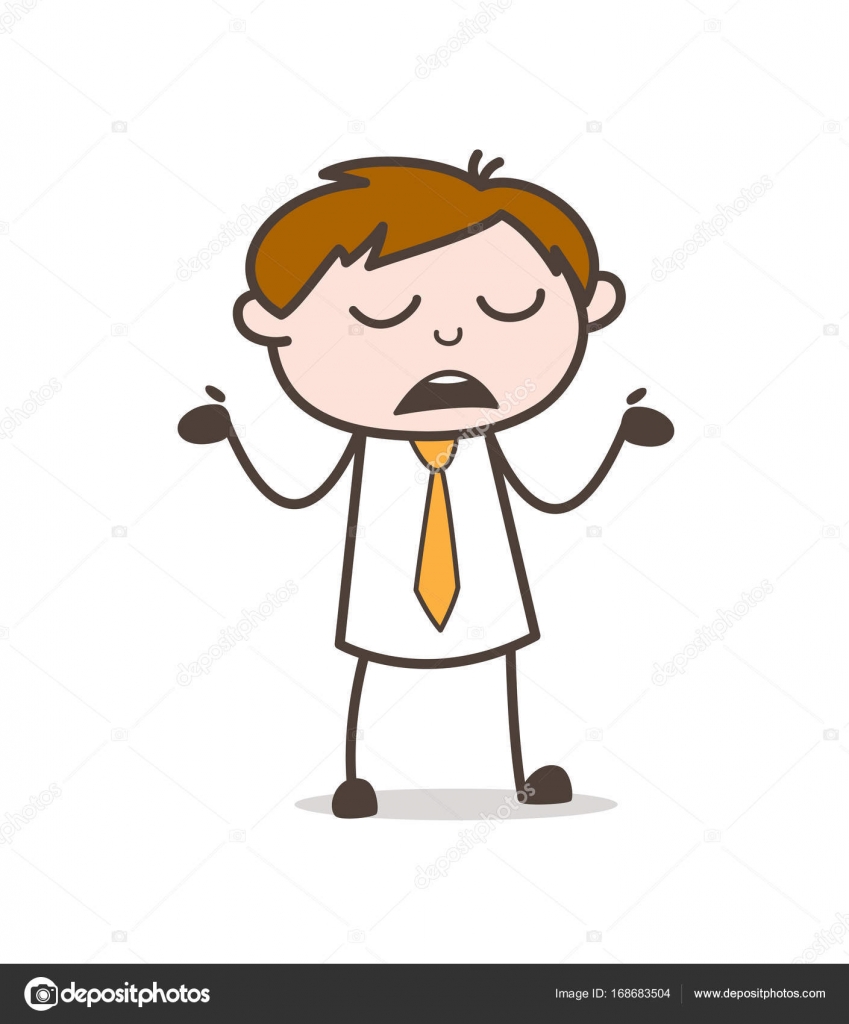
Can everyone be quiet for a minute, please?
Do you mind waiting a moment?
Would you like to lay the table for me?
The Imperative
We can sometimes use the imperative
form to tell someone what to do.
We form the negative with don't.
Examples
Bring another chair.
Don't make so much noise.
Asking for things
We use can I/ we have...? and could I/ we have...? when we ask someone to give us something.
We can also use I'd like... or I'll have...
Examples

Can we have our room key, please?
I'd like a chicken sandwich, please.
Possibility
May, Might and Could
We use may or might to say that something
is possible or that it is quite likely.
We can use could to say that something is possible.
Examples
It may/ might be a bomb.

You could win a million pounds.
May not and Might Not
Something negative is possible.
Examples
Daniel may not get the job.
Tom might not be in.
Couldn't
Something is impossible.
Examples
Samuel is afraid of heights.
He couldn't climb onto the roof.
Must and can't
We use must when we realize that
something is certainly true.
We use can't when we realize that
something is impossible
Examples
I had my keys a moment ago.
They must be here somewhere.
Life can't be easy when you
have to spend it in a wheelchair.
Will and would for predictions
We can use will for prediction.
We use would for a past prediction
or a prediction about a possible situation.
Examples
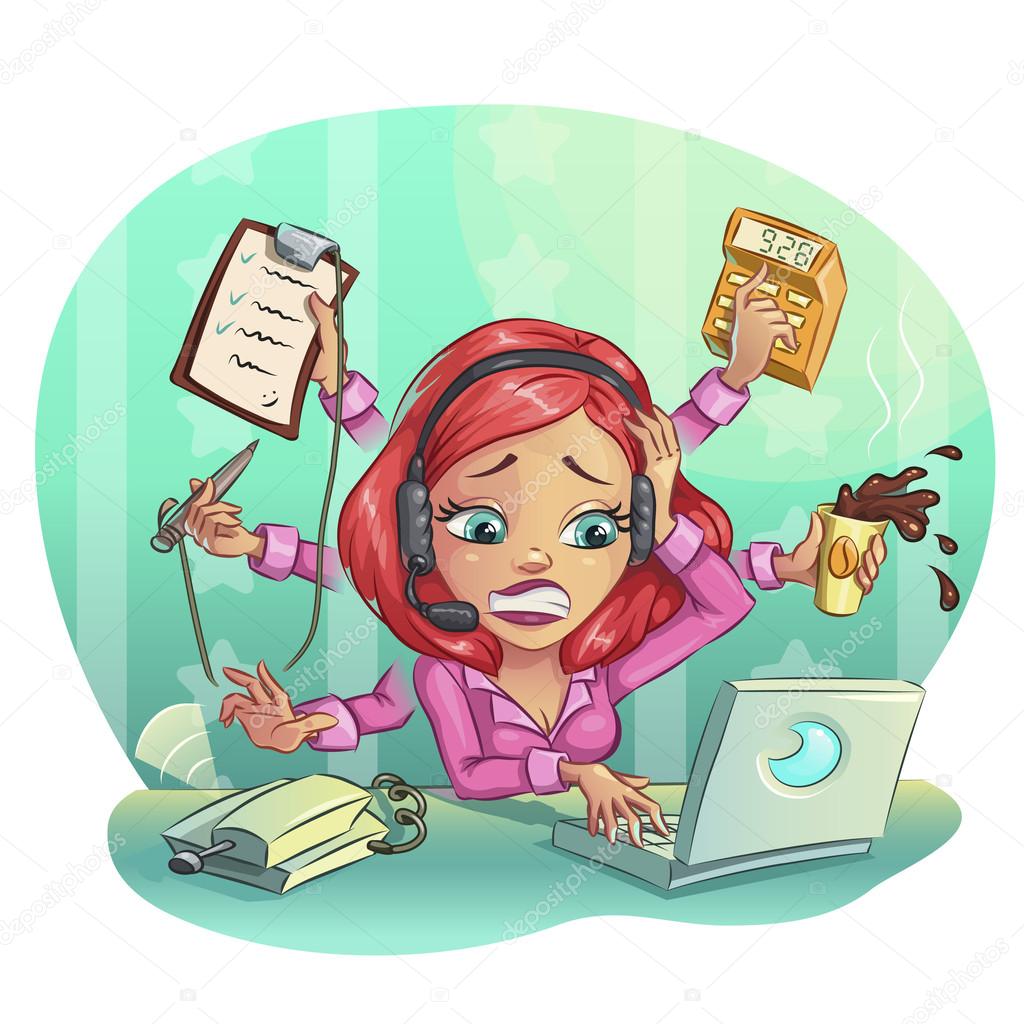
It's midnight, and Sara is still working.
She'll be tired tomorrow.
How about going to Cornwall next weekend?
That would be nice.
Decisions and Refusals
We can use will for an instant decision or for an offer.
We use won't and wouldn't for a refusal.
Examples
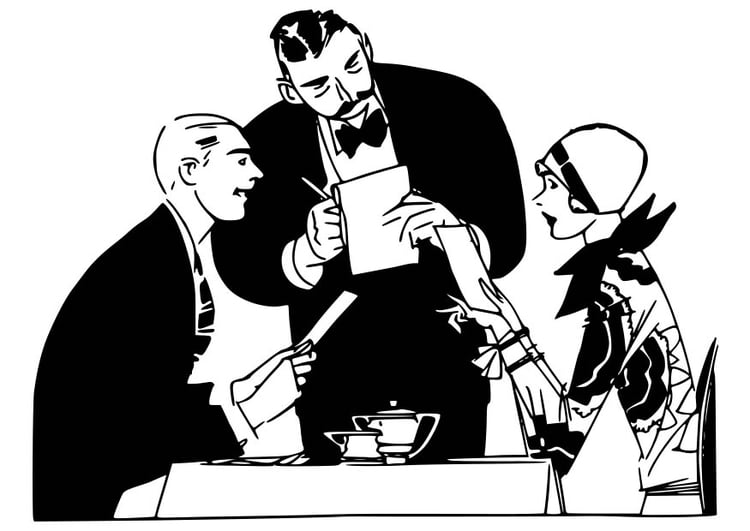
Tea or coffee? I'll have coffee, please.
The strikers won't go back to work
until they get a pay increase.
The key went in the lock, but
it wouldn't turn.
